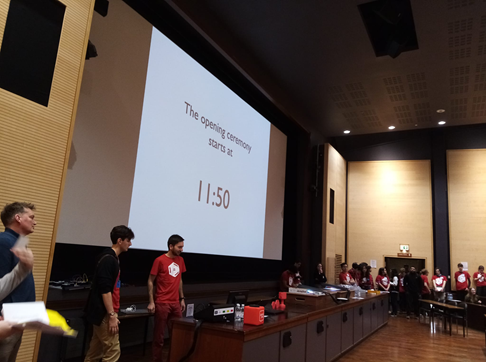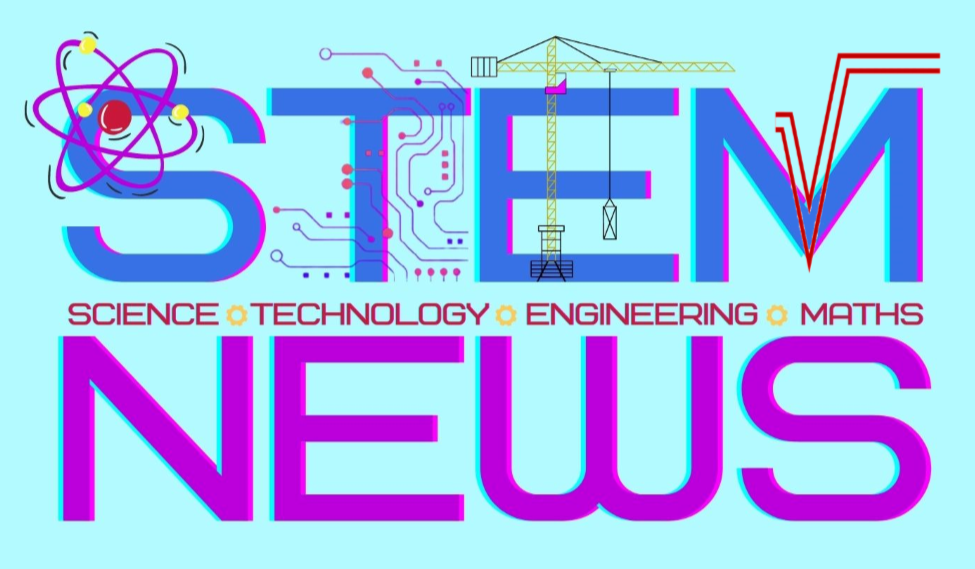Aerospace Careers Programme Experience
Earlier this term, some lucky Year 12s studying Higher Physics IB had the amazing opportunity to attend an enlightening experience at Townley Grammar School with special guests from the aerospace careers programme.
I was very shocked to find out that aerospace is one of the biggest engineering fields in the UK, especially considering I, along with the rest of my cohort, knew very little about it and how to obtain a career in this field. This made the whole experience so much more interesting and useful as we got to explore an industry that we hadn't before. The day was filled with informative talks, VR demonstrations, and we even had the opportunity to use the equipment they work with as real aerospace engineers.
My highlight was our Q&A with a Boston Dynamics model of the robot, 'Spot'. I have been lucky enough to work with one of these before from a coding perspective, so it was very interesting to see the AI features of the model and how it could listen to our questions and give us an answer. We asked so many questions with Spot's answers ranging from ones in Japanese to explaining why he can't dance.
 A huge thank you to the physics department for this amazing opportunity. We have all learnt so much, and I definitely want to explore aerospace engineering more in the future...
A huge thank you to the physics department for this amazing opportunity. We have all learnt so much, and I definitely want to explore aerospace engineering more in the future...
Matilda Jackson, Year 12

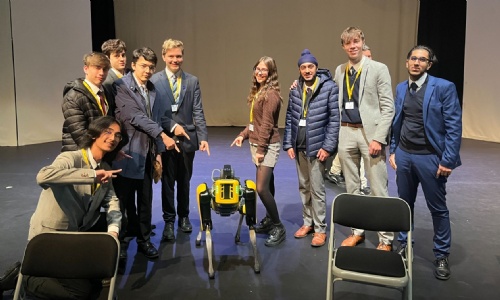

 This week, I presented “Real-Life Ethical Issues In Neurology” at Senior Science Society! This is a topic I find incredibly fascinating and was eager to explore further.
This week, I presented “Real-Life Ethical Issues In Neurology” at Senior Science Society! This is a topic I find incredibly fascinating and was eager to explore further.
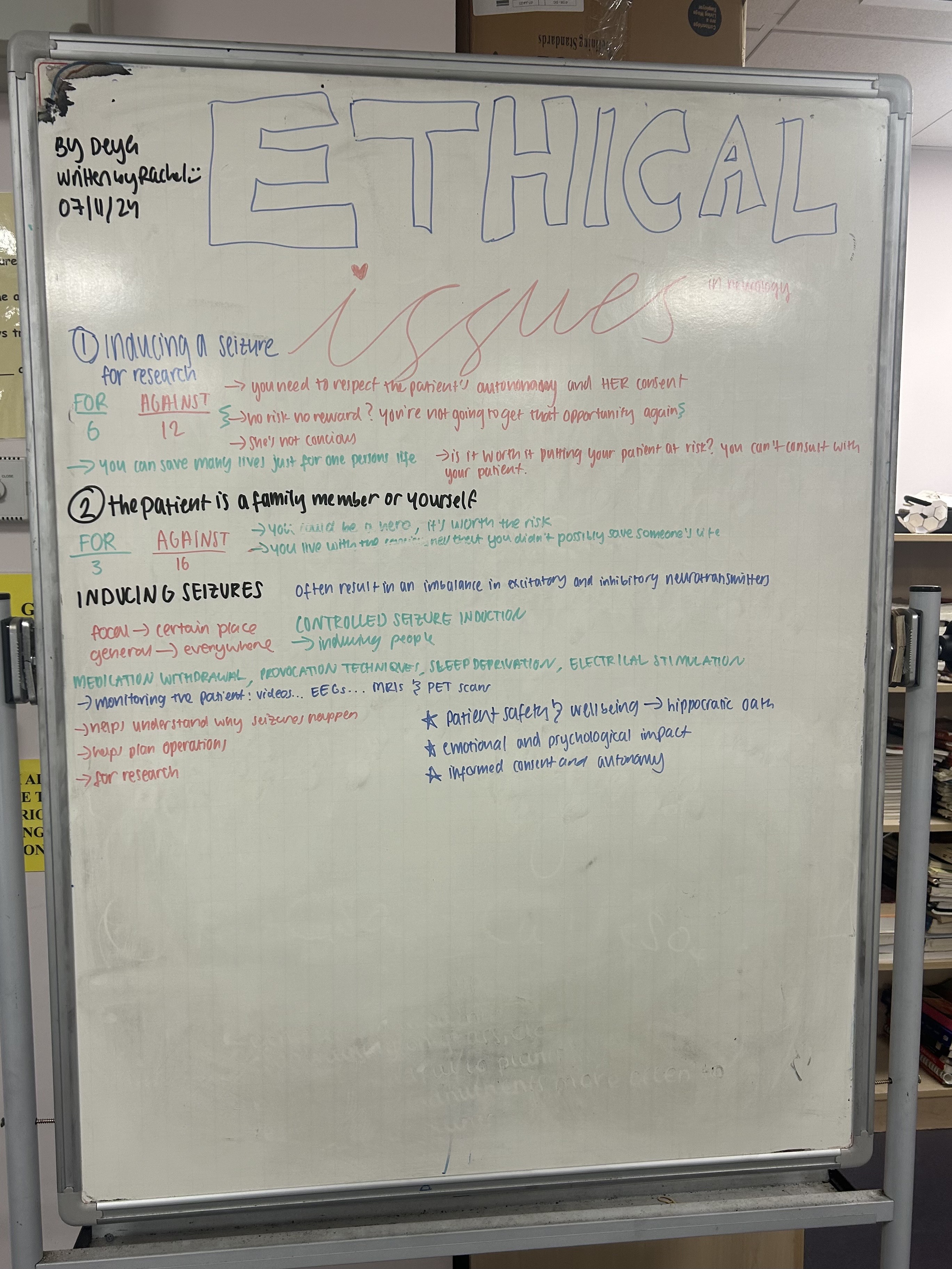


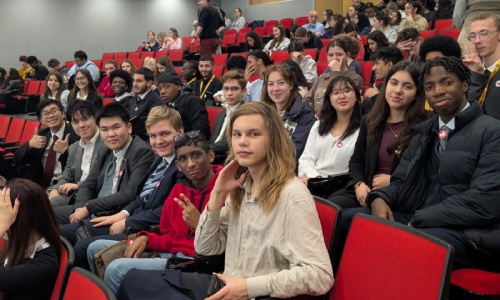
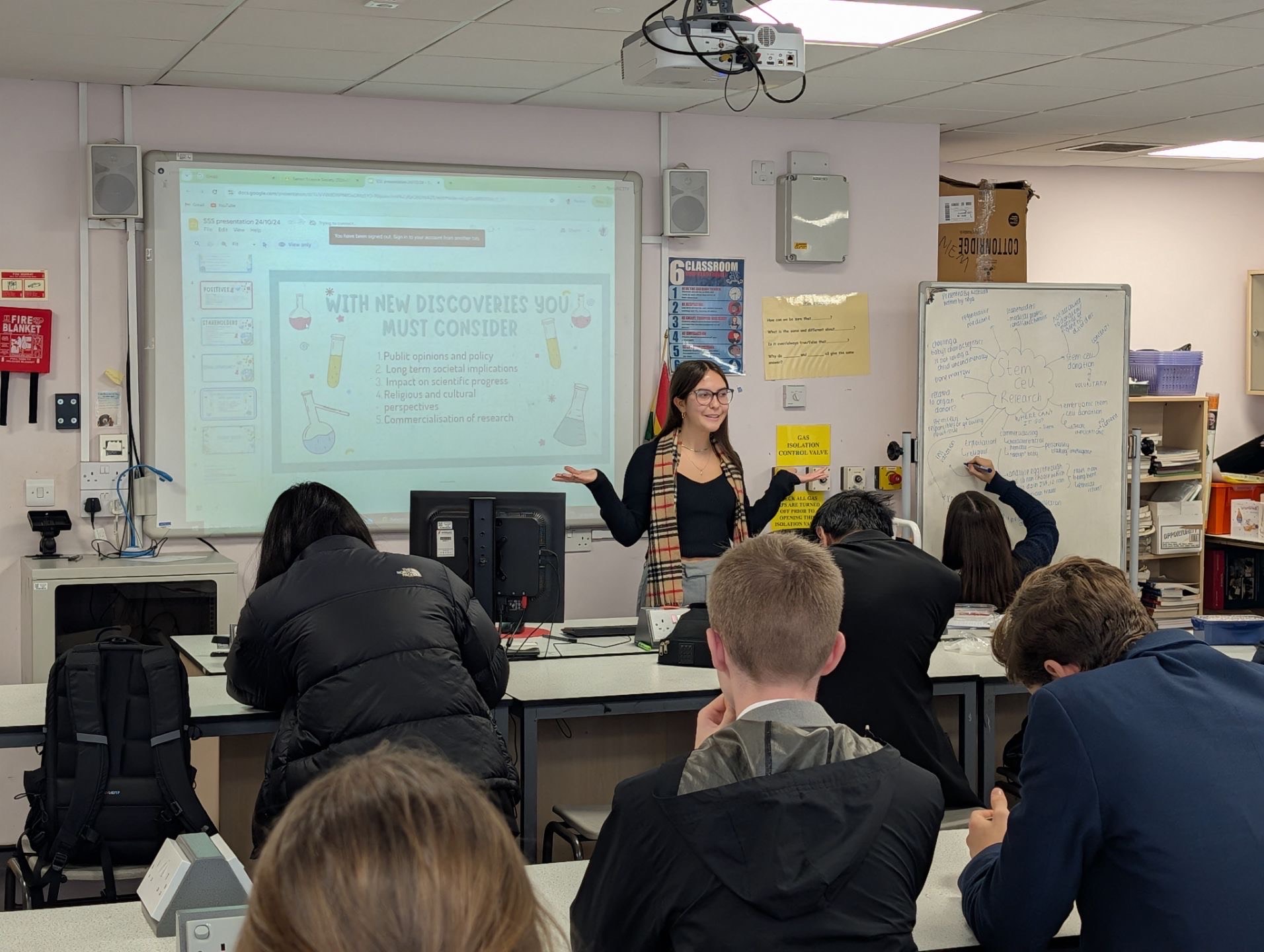
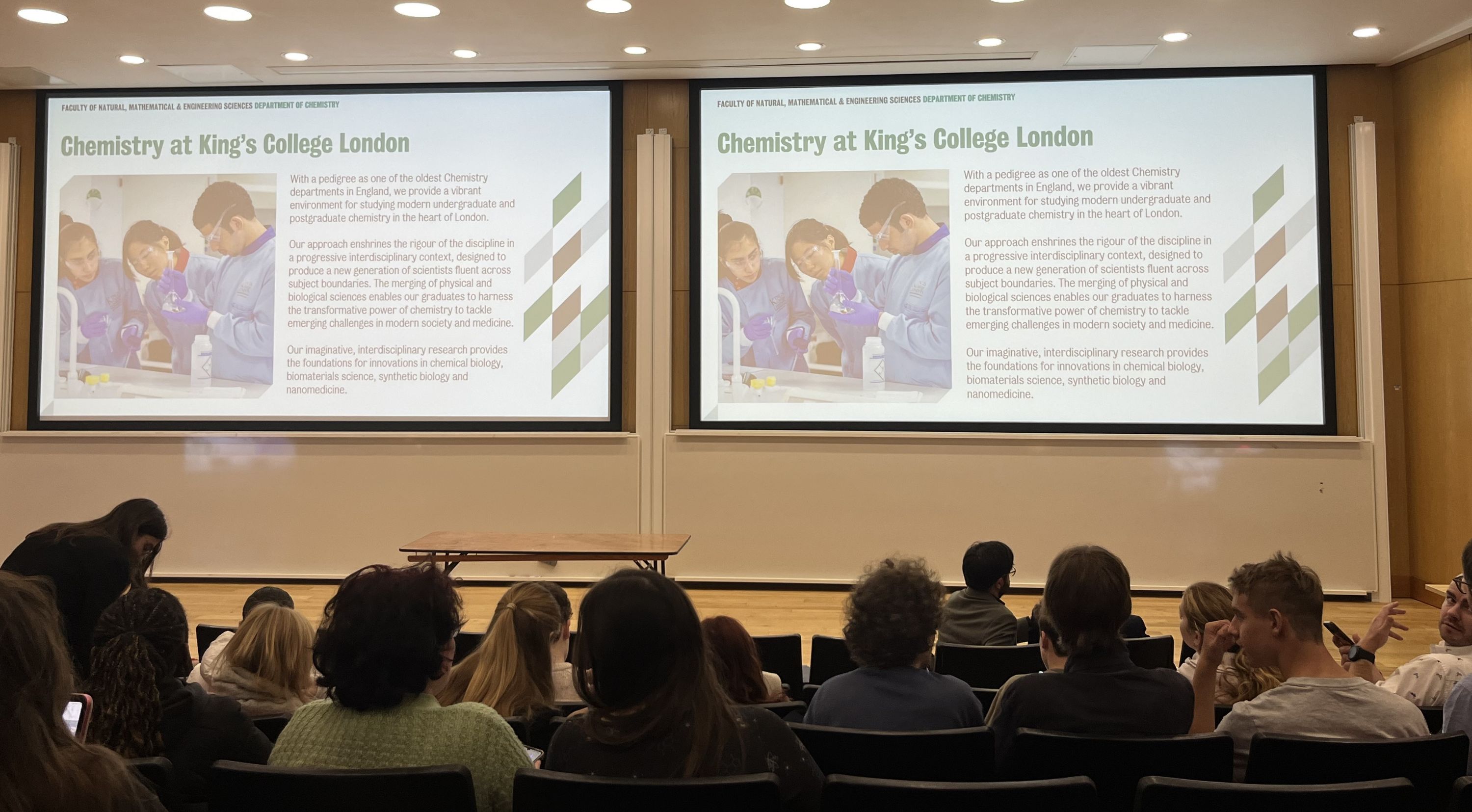


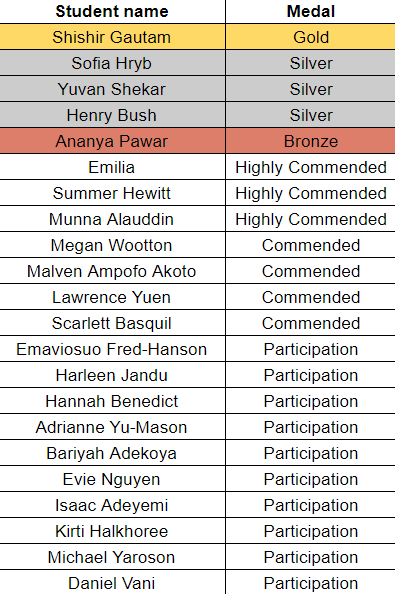
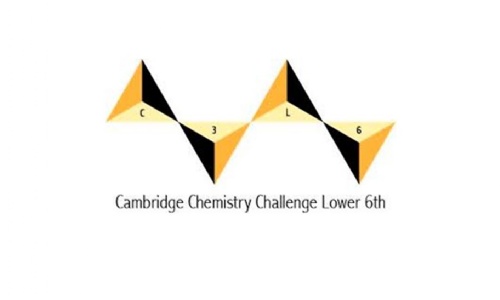

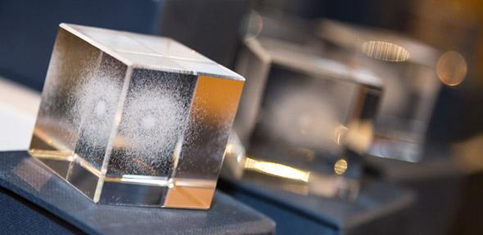
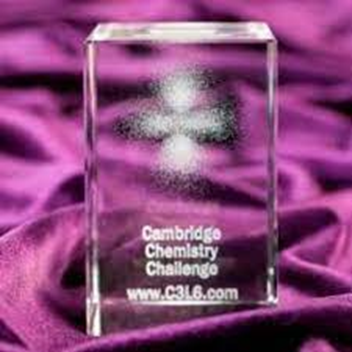
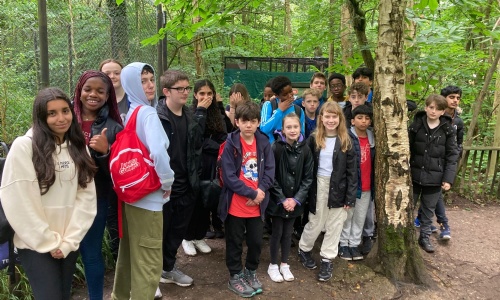
 In the last few weeks, Year 8 got to go on a trip to Wildwood for science. While we were there, we got to do a CSI investigation where we got to figure out who killed Mr Rabbit. There were a series of clues such as fur, feathers and paw prints to help us with this. Additionally, we went on a wildlife tour and got to see a variety of animals such as bison, wallabies and otters. On top of that, we got to play and shop as well!
In the last few weeks, Year 8 got to go on a trip to Wildwood for science. While we were there, we got to do a CSI investigation where we got to figure out who killed Mr Rabbit. There were a series of clues such as fur, feathers and paw prints to help us with this. Additionally, we went on a wildlife tour and got to see a variety of animals such as bison, wallabies and otters. On top of that, we got to play and shop as well!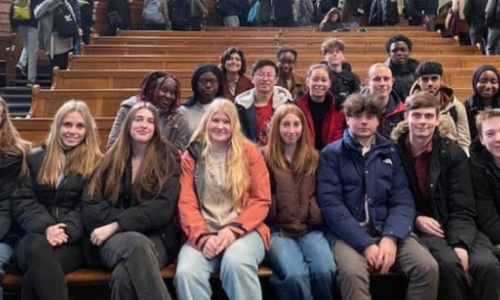



.png)







